Miscellaneous Expenses: Definition, Deductible Expenses and Examples
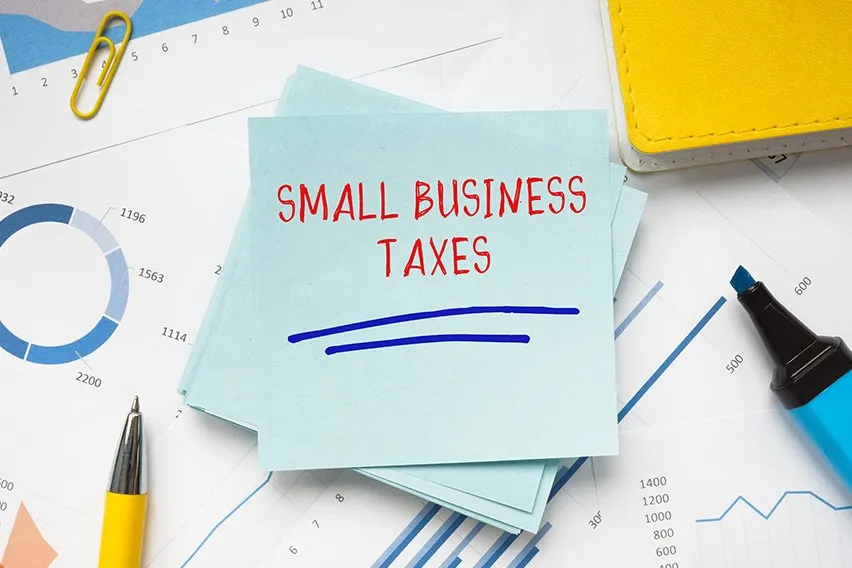
When tax time rolls around, you might find yourself wondering how to claim certain expenses like work boots or your computer, especially when you run your own business. These types of expenses are called “miscellaneous business expenses” and understanding what they are and how to claim them can reduce your taxable income amount by hundreds, or even thousands of dollars. When you know which expenses you can deduct as business expenses, you can save money at tax time and make it easier to plan your budget for the year.
In this article, we’ll take a closer look at some of the most common expenses the IRS accepts under the miscellaneous expense category.
Table of Contents
- What are Miscellaneous Expenses?
- Miscellaneous Expenses List
- Miscellaneous Expenses Examples
- Track Miscellaneous Expenses Easily With FreshBooks
- Frequently Asked Questions
What are Miscellaneous Expenses?
You’re here to understand what might be considered appropriate “miscellaneous expenses”. In short, these are all the miscellaneous business expenses you can use for tax deductions that aren’t found elsewhere on your tax forms. They’re often small transactions that don’t fit within a ledger’s specified accounts.
Small business owners can use these deductions to reduce the amount of total taxes they have to pay. They can deduct these miscellaneous expenses, meaning the income they’re taxed on will be reduced.
Miscellaneous Expenses List
The IRS has several publications on what is and is not allowed to be included in the miscellaneous category, and how to itemize your deductions to make tax season run smoothly. Included in their helpful guide are some of the deductible expenses, like certain legal and trustee fees, as well as non-deductible expenses like your home security system or lunches with coworkers.
The following are some of the other miscellaneous expenses you can legally claim as a business owner to reduce the total amount you owe on your tax return.
Employee Business Expenses
When employees pay for travel, supplies, or anything common and accepted in their profession or business, this is considered a deductible operating expense and can be used for tax credits, when claimed as deductible miscellaneous expenses. 1
Interest and Bank Charges
Some of the most common miscellaneous monthly expenses are bank charges and interest. Businesses often have to pay ATM withdrawal fees, credit card fees, wire transfer costs, overdraft fees, and more, all of which may be deductible if they’re incurred as a cost of doing business.
Job Search Costs
If you need to hire a new employee, you can claim the business costs associated with finding the right candidate. This might include job advertising costs and costs included in the hiring process.
Subscription Services for Work
Many companies require certain subscription services to be able to do the job, including word processing software, periodic publications, industry-related courses, and other related expenses. You can claim deductions on these types of subscriptions, so long as you can prove they’re necessary for your work.
Accounting and Legal Fees
In many types of business, paying external professionals to advise you is a normal part of business. You can often write off legal fees, accounting services, tax preparation fees, and more as miscellaneous expenses.
Advertising
Certain expenses associated with advertising and marketing your small business are eligible for deductions on your tax returns. Generally, these expenses will only be deductible if they’re local, meaning you will generally have to hire from agencies located in the US.
Clothing or Job Uniforms
You can write off some clothing as miscellaneous deductions if they’re used exclusively for work, like job uniforms, costumes, or steel-toed boots. You cannot claim any clothing that can be used as everyday wear. For example, if you’re working as a carpenter and wear jeans to work, these cannot be claimed on your taxes, but your safety gear and reflective clothing can.
Home Office Supplies
Self-employed individuals running small businesses out of their homes are often able to deduct their office supplies. These must be ordinary, necessary items that are used for the operation of your business, and must be items that will be used up within approximately one year. 2 Some examples include work-related postage stamps, paper, file folders, or paper clips. Anything that’ll be useful for years to come, like computers or printers must be depreciated over the life of the asset.
Tools and Supplies
You can write off any tools, equipment, or supplies you need for business use. If you’re running a small business from your home, it’s a good idea to keep a detailed log of how often you’re using the equipment for work, as the IRS may request documentation as evidence you’re using these tools at your job, and not for personal reasons.
Computer Depreciation
When you purchase a computer for work, you can’t write off the full cost as an expense on your tax return. What you can claim, though, is the depreciation deduction, as long as the computer is used for work purposes. This is the amount the computer decreases in value per year. For those using their home computer for work, as long as you use it more than 50% of the time for business purposes, you can claim this deduction.
Home Office
Having a home office means having a dedicated space in your house, where you solely conduct business. You can deduct a portion of your utility bills, home repairs and maintenance, and casualty losses as a business expense. You may also be able to deduct the business portion of your rent or the interest paid on your home mortgage.
Travel
Business travel is one of those incidental expenses that comes with certain types of work. You may need to cover commuting expenses, meals, lodging, and other expenses while on the road. If these are reasonable, work-related, ordinary, and necessary. For example, expenses incurred during a temporary work assignment or for conventions can be included as a write-off according to the IRS, as long as they’re proven to be necessary and benefit the business. 3
Business Interest
The interest you must pay on bank loans used to expand your business or acquire property for business purposes is often tax deductible. You may be able to write off penalties, fees, and interest on your loans, but some restrictions apply.
Hobby Expenses
If you’re earning money on your hobby activities, and the IRS considers it a source of income, it must be reported on your tax return. 4 The expenses you pay to do your hobby may be deducted as miscellaneous personal expenses if you’re conducting the activity to make a profit.
Professional Accreditation Fees
In many job paths, it’s important to stay abreast of new developments or gain new skills to advance your career. You may also need to pay for accreditation in your field. The costs of these endeavors can be deducted from your tax forms, as long as they’re ordinary costs that are directly related to your business.
Office Supplies
Whether you need printer ink, whiteboard markers, or a new stapler, you can write off the costs of ordinary, necessary office supplies.
Automobile Expenses
If you only use your vehicle for work, you may be able to deduct the entire cost of ownership and operation (with some limits) 5. If it’s used partially for business and partially for personal use, you can still deduct a percentage.
Capital Expenses
Capital expenses include all expenses paid by an organization to purchase, maintain, or improve fixed assets like equipment, income-producing property, vehicles, and buildings. Eligible small business owners can deduct the cost of certain depreciable assets over several years.
Tax Preparation Fees
Paying an expert to do your taxes is a smart business move, especially as your organization grows, and the finances become more complex. After you pay an accountant to do your taxes, you can deduct their tax preparation fees the next year.
Miscellaneous Expenses Examples
Some examples might include:
- A person whose home soap making hobby has become their sole income earner. In this case, they would be able to claim certain hobby expenses like costs associated with their workspace, supplies, and advertising costs. As long as the expenses directly relate to their income-earning endeavor, and they’re itemized properly, they can save on their tax bill at the end of the year.
- A freelance accountant who works from their home office can claim a percentage of their mortgage interest, utilities, home repairs, depreciation costs, and rent, as well as any office supply fees, financial record-keeping software subscription costs, and computer depreciation amounts.
- A small clothing company sells items in-store and online. At the end of the tax year, they can claim costs including credit card fees, website and delivery costs, office supplies, and all ordinary and necessary costs of renting a retail space including rent and business use vehicle expenses.
Track Miscellaneous Expenses Easily with FreshBooks
As a small business owner, you can only claim specific expenses that are ordinary and necessary for operating. This means you must keep track of each and every expense.
Using the FreshBooks expense tracking software throughout the year will simplify this process for you, with its detailed reporting and accurate record-keeping abilities. This easy-to-use software solution uses tax categories and subcategories like Bank Fees, Interest, Advertising, and more to break down where your money has gone, making tax time easier.
FreshBooks pricing includes multiple tiers, catering to any size business. Join today and create your own account, or try FreshBooks free, using our free 30-day trial.
Frequently Asked Questions
Now that we’ve given you the miscellaneous expenses definition and a few examples, we hope you’ll be better able to categorize your own expenses. The following are a few frequently asked questions about this tax category, and how FreshBooks can help you stay organized during tax time.
How do you calculate miscellaneous expenses?
Calculating your miscellaneous expenses is as easy as adding them all up in an itemized list, and then reporting them on Schedule C in your tax forms. Using software like FreshBooks can help you keep your expenses organized year-round, making tax time easier.
Are miscellaneous expenses deductible?
Yes, in some cases miscellaneous expenses are tax deductible if they were for business use. The IRS has specific rules regarding what miscellaneous expenses are tax deductible. If you’re not sure, consult a tax professional.
Does FreshBooks offer expense reports that are helpful for tax-time?
Yes, FreshBooks creates clear, concise expense reports that are easy to read, giving you a breakdown of your expenses and any applicable taxes at a glance. You can adjust the settings to exclude personal expenses, group categories together, or filter to view a specific date range.
Can I use FreshBooks to keep track of receipts?
Yes, FreshBooks makes it easy to keep track of your receipts. Along with a place to manually enter and categorize your receipts, there’s a handy receipt scanner app you can download, which will automatically scan and file your expenses in seconds.
Does FreshBooks automatically import expenses?
Yes, FreshBooks can automatically import your expenses if you connect your credit card or bank account to the software. It’ll note new expenses, import them into your account, and help you streamline your bookkeeping by categorizing the expenses for you.
Article Sources
- Irs.gov. “About Form 2106, Employee Business Expenses.” Accessed Aug 13, 2024.
- Irs.gov. “Fact Sheet: Deducting Business Supply Expenses.” Accessed Aug 13, 2024.
- Irs.gov. “Understanding business travel deductions.” Accessed Aug 13, 2024.
- Irs.gov. “Here’s what taxpayers need to know about paying taxes on their hobby activities.” Accessed Aug 13, 2024.
- Irs.gov. “Topic no. 510, Business use of car.” Accessed Aug 13, 2024.
Reviewed by
Michelle Payne has 15 years of experience as a Certified Public Accountant with a strong background in audit, tax, and consulting services. Michelle earned a Bachelor’s of Science and Accounting from Minnesota State University and has provided accounting support across a variety of industries, including retail, manufacturing, higher education, and professional services. She has more than five years of experience working with non-profit organizations in a finance capacity. Keep up with Michelle’s CPA career — and ultramarathoning endeavors — on LinkedIn.
RELATED ARTICLES




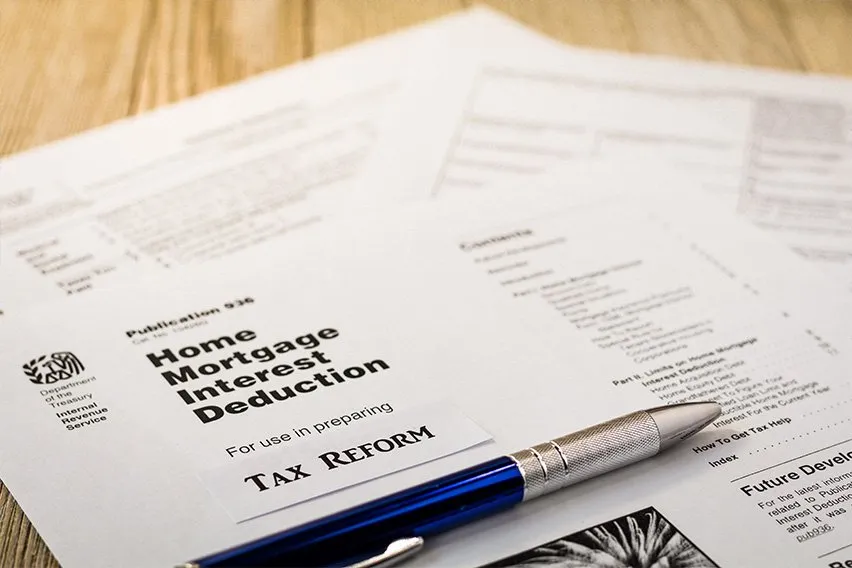 Is Interest on Mortgage Tax Deductible? a Primer.
Is Interest on Mortgage Tax Deductible? a Primer. 7 Best Business Expense Tracker of 2025
7 Best Business Expense Tracker of 2025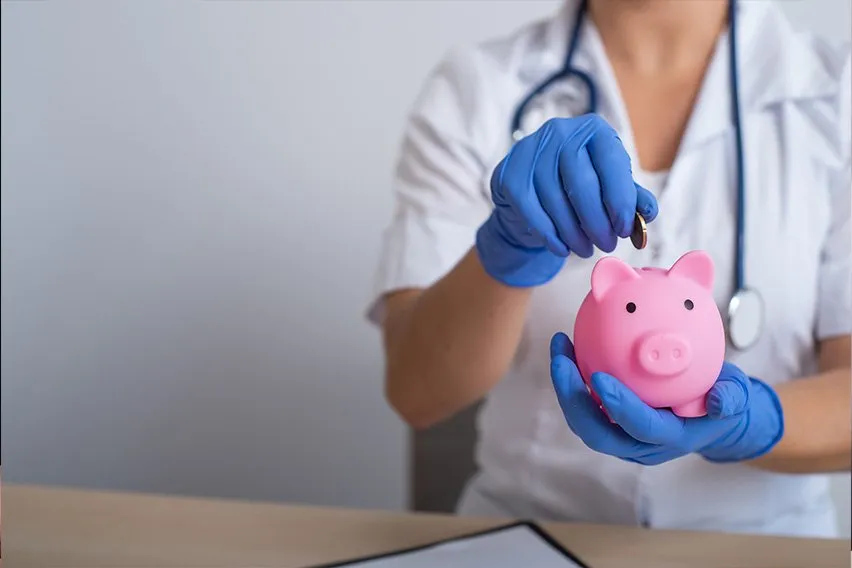 Can You Claim Volunteer Work on Taxes? No, but Some Expenses Can Be.
Can You Claim Volunteer Work on Taxes? No, but Some Expenses Can Be.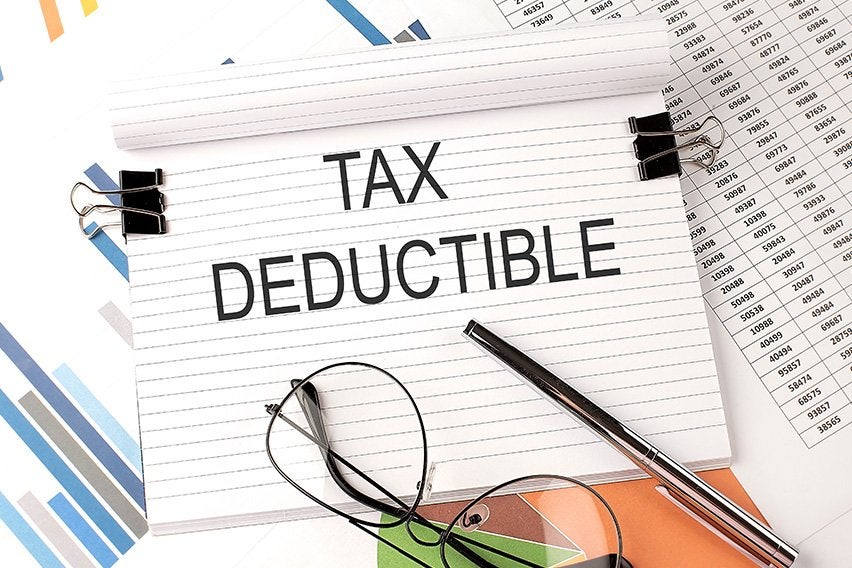 Tax Deductions for Start-up Businesses
Tax Deductions for Start-up Businesses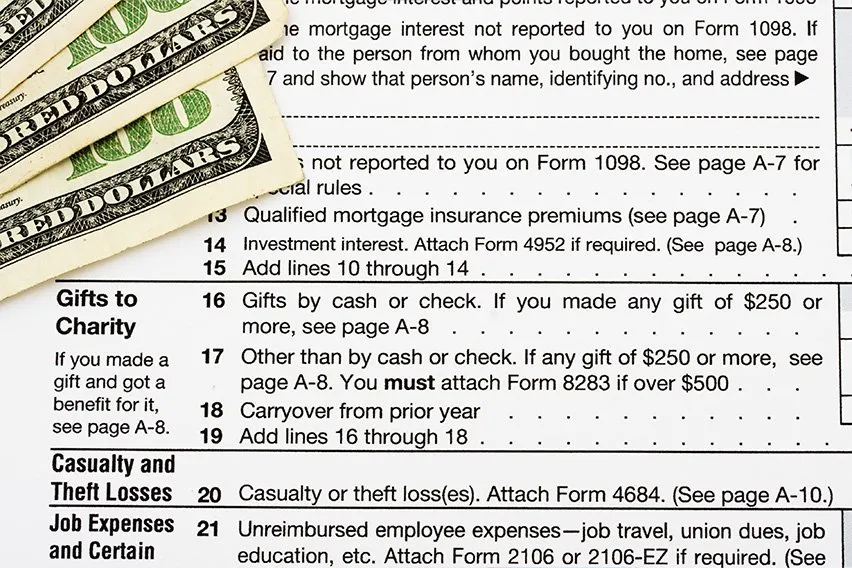 Tax Deductible Donations: Can You Write Off Charitable Donations?
Tax Deductible Donations: Can You Write Off Charitable Donations?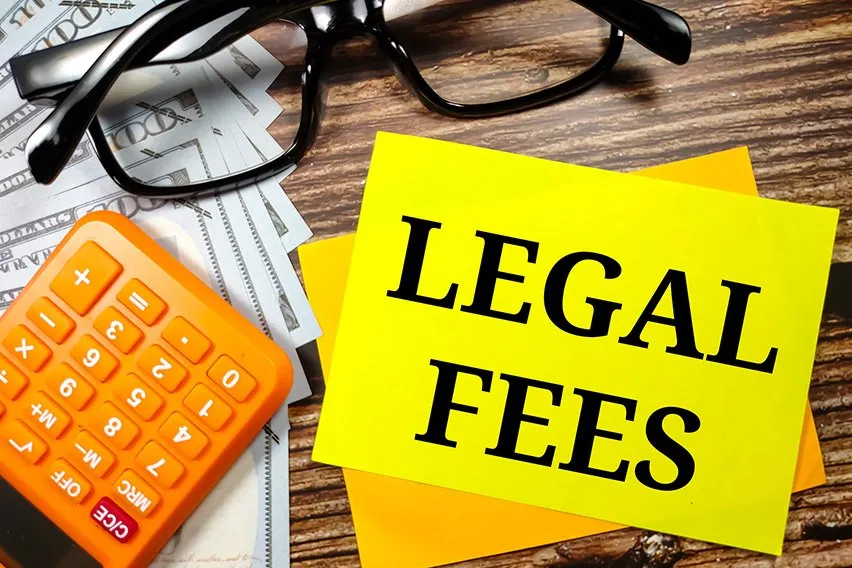 Tax Deduction for Legal Fees: Is Legal Fees Tax Deductible for Business?
Tax Deduction for Legal Fees: Is Legal Fees Tax Deductible for Business?